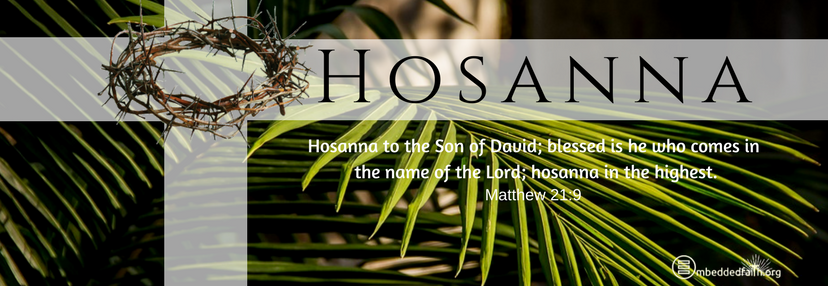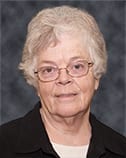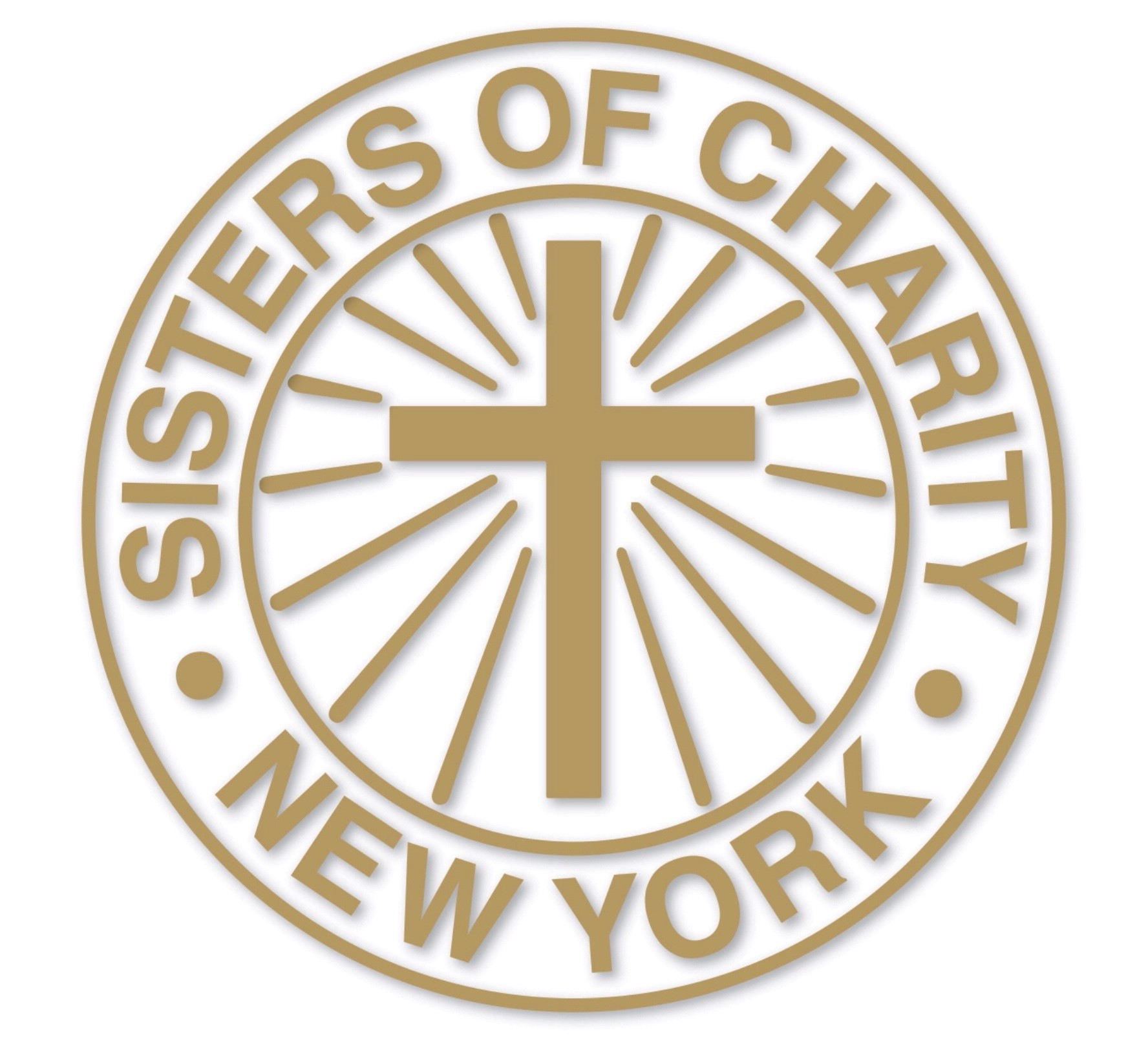
Readings: Matthew 21:1–11; Isaiah 50:4–7; Psalm 22; Philippians 2:6–11; Matthew 26:14–27:66
There’s something exhilarating about watching people moving in unison, singing as one, applauding and waving, caught up in the joy of the moment.
There was a parade on that first Palm Sunday. There were no marching bands and no floats. But there were people waving palms, yelling, “Look at that Man on the Donkey!” In one voice they shouted, “Hosanna! Save us. Save us now, we pray.” Had we been there on that day we probably also would have strewn palms in his path. We would have sang and danced, become part of the flash mob.
The people of Jerusalem wanted political salvation, freedom from oppression, even though the Man on the Donkey had told them many times that was not to be, that was not part of his plan. He did not ride into Jerusalem on a mighty war horse, he came on a donkey — the animal he rode when he was in his mother’s womb going to Bethlehem. On that Sunday, though, it was almost as if the “Glorias” of the first Christmas were coming to fruition with those joyful “Hosannas.”
In hindsight, while we celebrate the splendor of that day and the ending of the Lenten period, we also must make space inside us for the realities of that day. He was the Man who had preached poverty, forgiveness and non-violence during his time on earth. He was the Man who welcomed fear and grief. He was the Man who would teach us how to open our own hearts, challenge us to embrace the unknown, help us to turn many of our preconceived notions inside out and find peace in Him. Very often because we might not understand it, we might not accept the reality of His way. Like those early Israelites, we may want God on our own terms.
The Man on the Donkey knew that the days to follow were to be filled with pain, betrayal, and abandonment. He also knew that the glorious day of the Resurrection was at hand.
We know that each of our own journeys are made of twin paths, sorrow and joy. On the journey during this Holy Week, then, may we embrace both the darkness of loss and the hope of new life. May that acceptance help us to be truly present to the strangeness and the wonders of each of those coming days.
– Sr. Patricia McGowan
 Sr. Pat, formerly a teacher of journalism and communications at the College of Mount Saint Vincent, writes for the Congregation’s publications and volunteers at Saint Joseph’s Medical Center, Yonkers.
Sr. Pat, formerly a teacher of journalism and communications at the College of Mount Saint Vincent, writes for the Congregation’s publications and volunteers at Saint Joseph’s Medical Center, Yonkers.

Absolutely beautiful!
Thanks Pat. Inspiring!
Thanks Pat for your meaningful reflection. Blessings